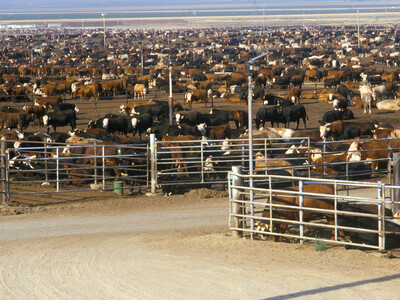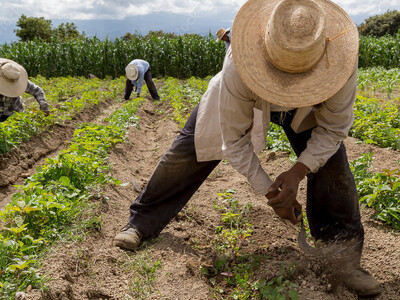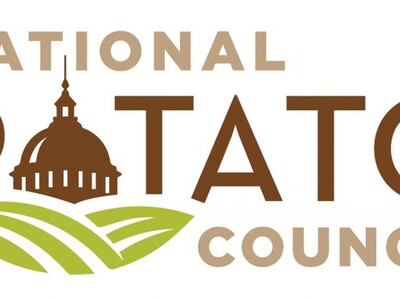Releasing Exports
Releasing Exports. I’m Greg Martin with today’s Line On Agriculture.
It’s a problem that most people don’t even know about. Exports that can’t be exported. It usually boils down to some kind of red tape that keeps goods landlocked. Now the USDA’s Animal and Plant Health Inspection Service or APHIS has worked in conjunction with federal, international and industry partners to arrange for the release of 209 shipments of American products valued at more than $39 million in 2012. The goods had been detained at foreign ports of entry pending resolution of various animal and plant health questions. In addition, APHIS has helped to open or maintain more than $51 million in overseas markets for U.S. agricultural products. Lacy Gray has more.
GRAY: Under Agriculture Secretary Tom Vilsack's leadership, USDA has aggressively worked to expand export opportunities and reduce barriers to trade, helping to push agricultural exports to record levels since 2009. The work of USDA agencies, including APHIS, and other federal partners helps to prevent and remove unwarranted barriers to trade, saving and securing American jobs and businesses, and supporting President Obama's goal of doubling American exports by the end of 2014. According to Rebecca Blue, deputy undersecretary for marketing and regulatory programs: "In the past six months, APHIS has negotiated to reopen the Chinese market for U.S. log exports in a six-month pilot program, facilitated the first export of 1,400 cattle to Angola, helped California producers ship their stone fruit to important markets in Mexico, and arranged for the release of six shipments of cherries and $1.5 million of cotton held at Chinese ports." APHIS personnel stationed in countries overseas work closely with foreign regulatory counterparts to exchange information on agricultural health issues and ensure the safe trade of agricultural products. By working on these technical trade matters with overseas officials, as well as within international standard-setting organizations, APHIS personnel are in key positions to support U.S. agricultural exports and ensure that trading partners adhere to agreed-upon standards.
Thanks Lacy. APHIS has launched a new website that will contain trade related information and accomplishments. The website will help exporters find information on APHIS's services, including trade information and regulations. It also serves as the news hub for APHIS trade updates, with links to trade-related feeds from the APHIS' Newsroom, Twitter, and the USDA blog.
That’s today’s Line On Agriculture. I’m Greg Martin on the Ag Information Network.

















